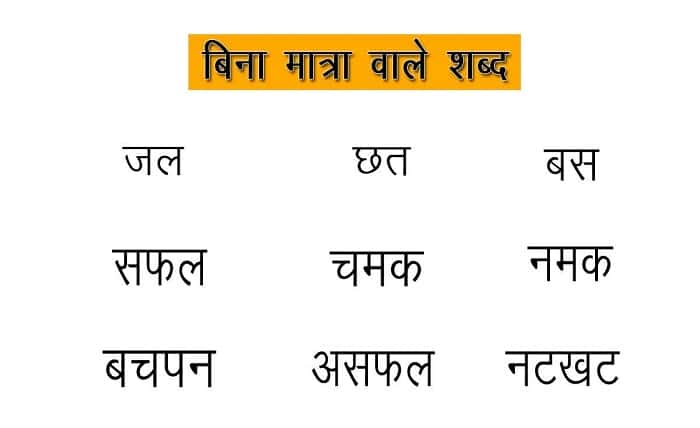
Unlocking the World of “Bina Matra Wale Shabd”: Understanding Words Without Vowels
Introduction:
Every facet of the huge field of languages provides a different perspective on the diversity of languages. A facet of this is “Bina Matra Wale Shabd,” which denotes words devoid of vowels. In addition to illuminating the nuances of language, this intriguing idea offers intriguing obstacles and chances for linguistic investigation. We’ll go further into the realm of “Bina Matra Wale Shabd” in this blog article by examining their relevance, application, and ramifications across a range of languages.
1. Demystifying “Bina Matra Wale Shabd“: Understanding the Concept
“Bina Matra Wale Shabd” describes words whose structure does not include vowels. Because of their peculiar characteristics, these words provide particular difficulties while pronouncing and frequently stick out in linguistic analyses.
2. Examples of “Bina Matra Wale Shabd” in Different Languages
There are “Bina Matra Wale Shabd” examples in many different languages all over the world. For example, terms like “krm,” “smr,” and “prbndh” are frequently used as examples in Hindi.
3. The Challenge of Pronunciation: Navigating Words Without Vowels
It might be difficult for speakers to pronounce words without vowels because they change the rhythm and flow of speech. Nonetheless, speakers may get beyond these obstacles and pronounce these words correctly with repetition and familiarity.
4. Significance of “Bina Matra Wale Shabd” in Linguistic Studies
“Bina Matra Wale Shabd” is a fascinating topic for examination and study in linguistics. To learn more about the structure and evolution of language, linguists examine the distribution, evolution, and usage of these terms.
5. Creative Applications: Using Words Without Vowels in Poetry and Literature
In poetry and literature, words lacking vowels have special creative chances. Such phrases allow poets and authors to add depth and subtlety to their work by expressing particular emotions or rhythmic patterns.
6. Tips for Recognizing and Pronouncing “Bina Matra Wale Shabd”
To recognize and pronounce “Bina Matra Wale Shabd” effectively, consider the following tips:
- Dissect the word into its individual syllables and sounds.
- Prior to trying to utter the word as a whole, practice saying each syllable independently.
- If you want to learn how to pronounce words correctly, listen to recordings or native speakers.
- To aid in learning, make use of internet resources or dictionaries that include pronunciation guidelines.
7. Preserving and Celebrating Linguistic Diversity
Examining ideas such as “Bina Matra Wale Shabd” serves as a reminder of the range and depth of languages spoken throughout the world. We pay respect to the history and identities of many cultures by maintaining and appreciating linguistic variety.
Conclusion:
Finally, “Bina Matra Wale Shabd” provides an enlightening look at the variety and intricacy of language. These terms offer important insights into language structure and evolution, whether they are used in creative projects, language studies, or daily conversation. Through comprehension and admiration of “Bina Matra Wale Shabd,” we enhance our awareness of the rich tapestry of language-based human expression.
FAQs:
- Why do certain languages have vowel-free words?
- Over time, languages change, and phonological, historical, or cultural circumstances may give birth to words lacking vowels.
- Are there certain conventions or guidelines for words without vowels?
- Although many languages have rules or patterns that apply to words lacking vowels, these rules and patterns might differ significantly throughout languages and dialects.
- How can I get better at pronouncing words without vowels?
- Listen to native speakers, practice frequently, break words down into their constituent syllables, and ask teachers or language resources for advice.
- Do all languages have terms that lack a vowel?
- There are vowel-free words in many languages; however, their distribution and frequency can change.
- Are there any well-known terms in literature that are vowel-free?
- Several well-known instances include the Hebrew term “shkhp,” the Welsh town




